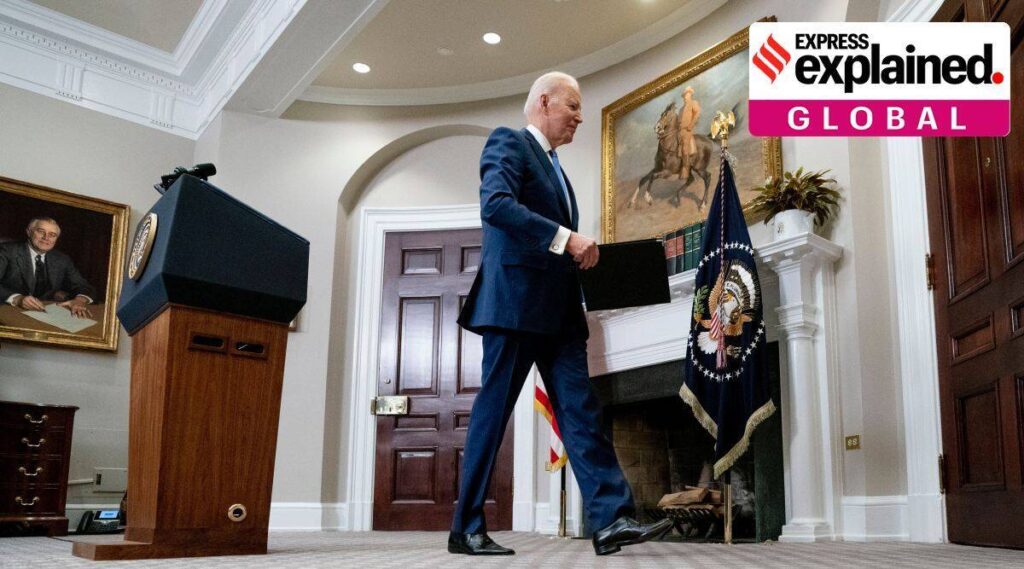United States President Joe Biden, who embarked Friday on an East Asia trip that will see him touch down first in Seoul and in Tokyo on Sunday ahead of the May 24 Quad summit, is expected to launch his Administration’s much discussed Indo-Pacific Economic Framework (IPEF) in the Japanese capital along with Prime Minister Kishida Fumio.
Biden first spoke about the IPEF at the October 2021 East Asia Summit, where he said that the “United States will explore with partners the development of an Indo-Pacific economic framework that will define our shared objectives around trade facilitation, standards for the digital economy and technology, supply chain resiliency, decarbonization and clean energy, infrastructure, worker standards, and other areas of shared interest”.
The IPEF is also seen as a means by which the US is trying to regain credibility in the region after former President Donald Trump pulled out of the Trans Pacific Partnership TPP). Since then, there has been concern over the absence of a credible US economic and trade strategy to counter China’s economic influence in the region. China is an influential member of the TPP, and has sought membership of its successor agreement Comprehensive and Progressive Agreement on Trans Pacific Partnership. It is also in the 14-member Regional Comprehensive Economic Partnership, of which the US is not a member (India withdrew from RCEP). The Biden Administration is projecting IPEF as the new US vehicle for re-engagement with East Asia and South East Asia.
Earlier this week, US National Security Adviser Jake Sullivan described it as a “21st-century economic arrangement”. But IPEF may not enthuse all countries in the Indo-Pacific region equally as it comes with binding trade rules but no guarantees on market access. Japan has welcomed the IPEF, and Thailand announced earlier this week it would join the negotiations. Australia and New Zealand may also join. South Korea, Philippines and Singapore have expressed cautious interest.
The Japanese news organisation Nikkei described it as “a more tailor-made mechanism [than a free trade agreement] that seeks the benefits of trade partnerships while insulating Americans from the downsides of trade liberalization”.
Biden is expected to invite India to join negotiations for the IPEF when he meets Prime Minister Narendra Modi on the sidelines of the Quad summit. India is the only member of the grouping that has said nothing about it.
On Thursday, Ministry of External Affairs (MEA) spokesman Arindam Bagchi said in response to a question on the possibility of India joining the IPEF: “This is an initiative of the United States. We have received details of this. And we are examining it.”
Buy Now | Our best subscription plan now has a special price
In a paper titled ‘Deciphering the IPEF’ in March this year, Prabir De of the Research and Information System for Developing Countries, a think tank of the MEA, wrote that India “may also be uncomfortable with the US high standards, and would like to avoid risks” and “may take time to consider joining, should an invite to join the IPEF be extended by the Biden Administration”.
According to De, “some areas proposed in the IPEF do not appear to serve India’s interests. For example, the IPEF talks about digital governance but the IPEF formulation contains issues that directly conflict with India’s stated position. Amongst these are the prohibition / restrictions on cross-border data flows and data localization requirements, including for financial services; the prohibition of the levying of customs duties on digital products distributed electronically; promotion of the interoperability of privacy rules and related enforcement regimes, such as the APEC Cross-Border Privacy Rule, while respecting U.S. federal and state privacy laws and regulations.”

